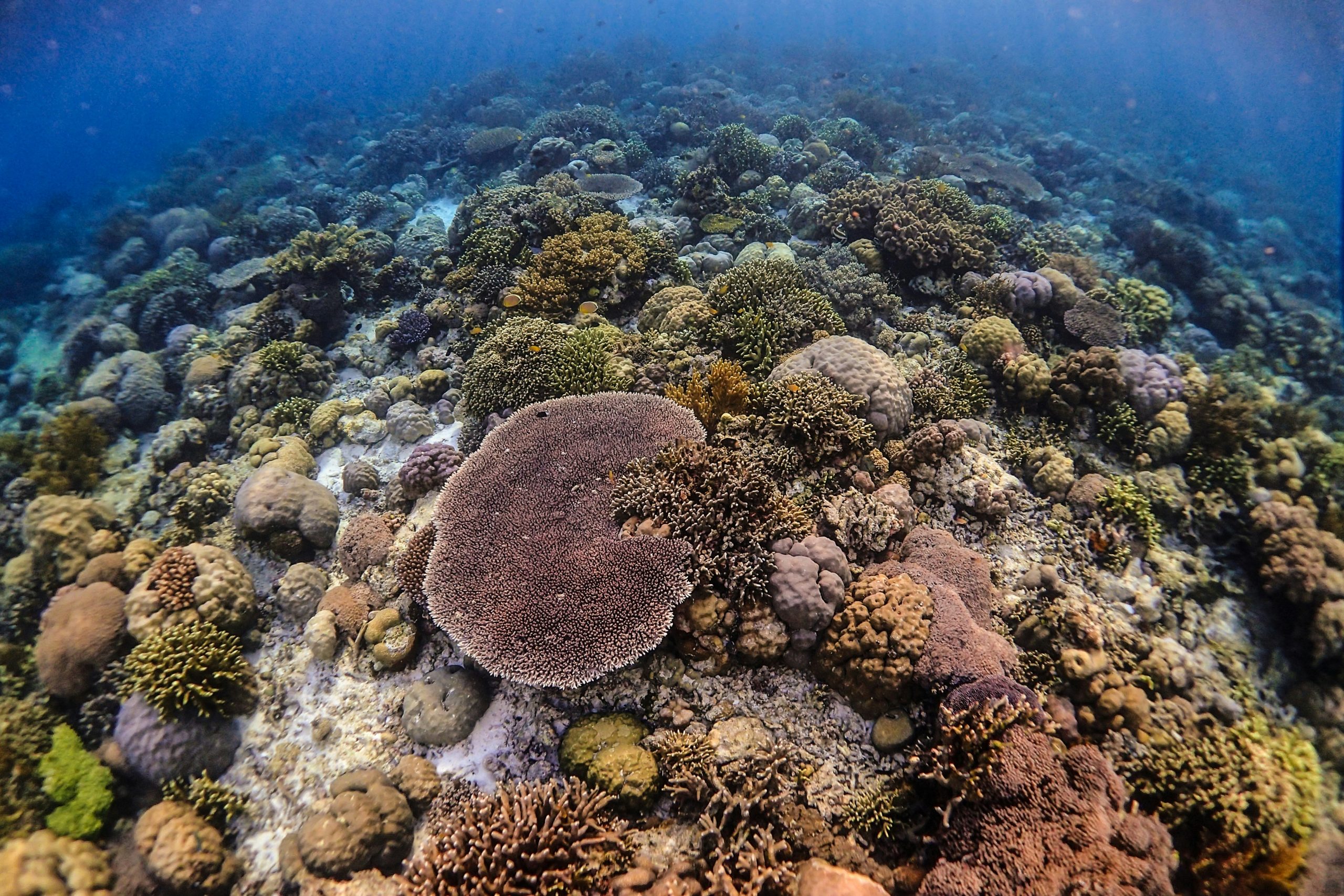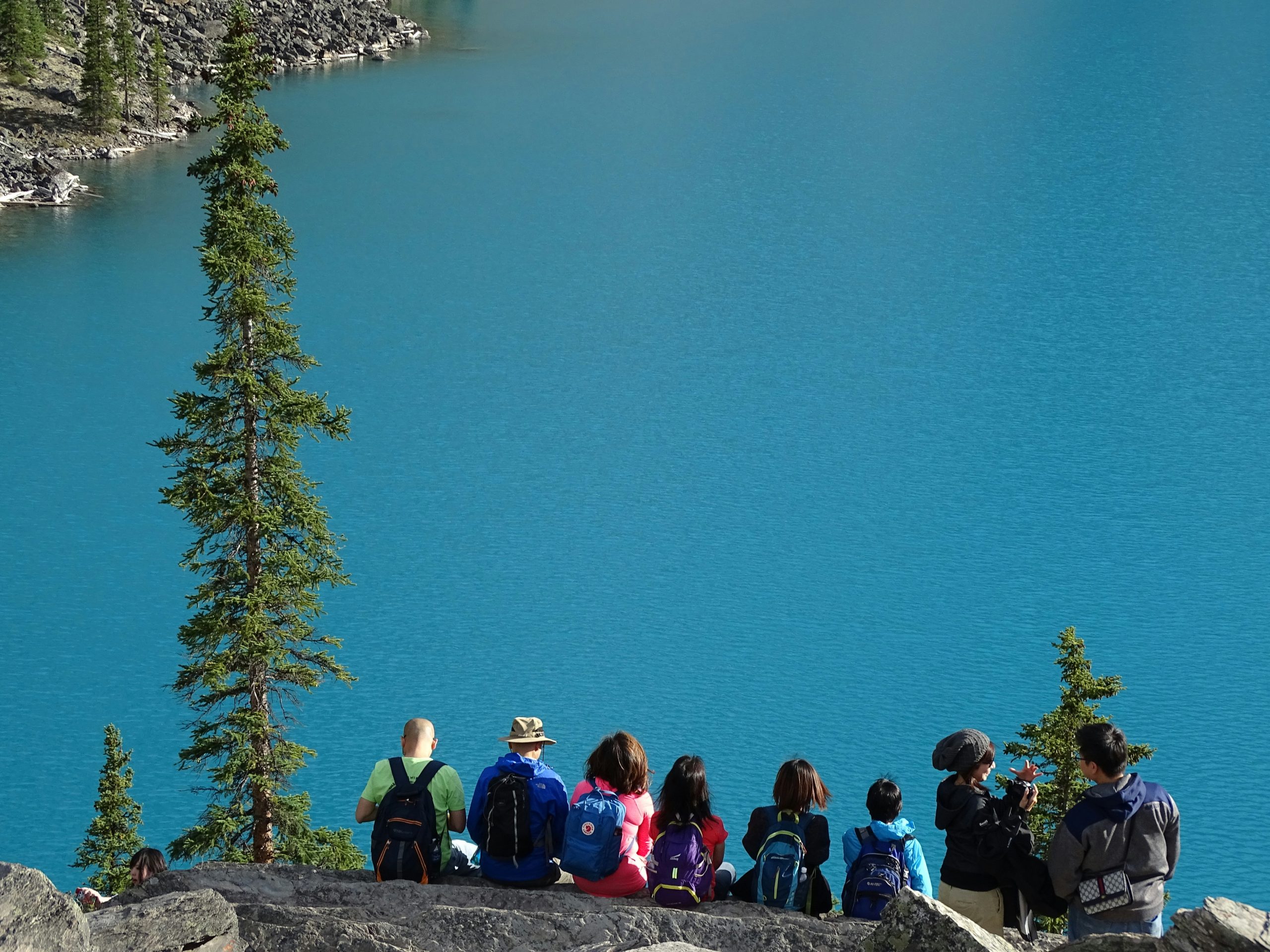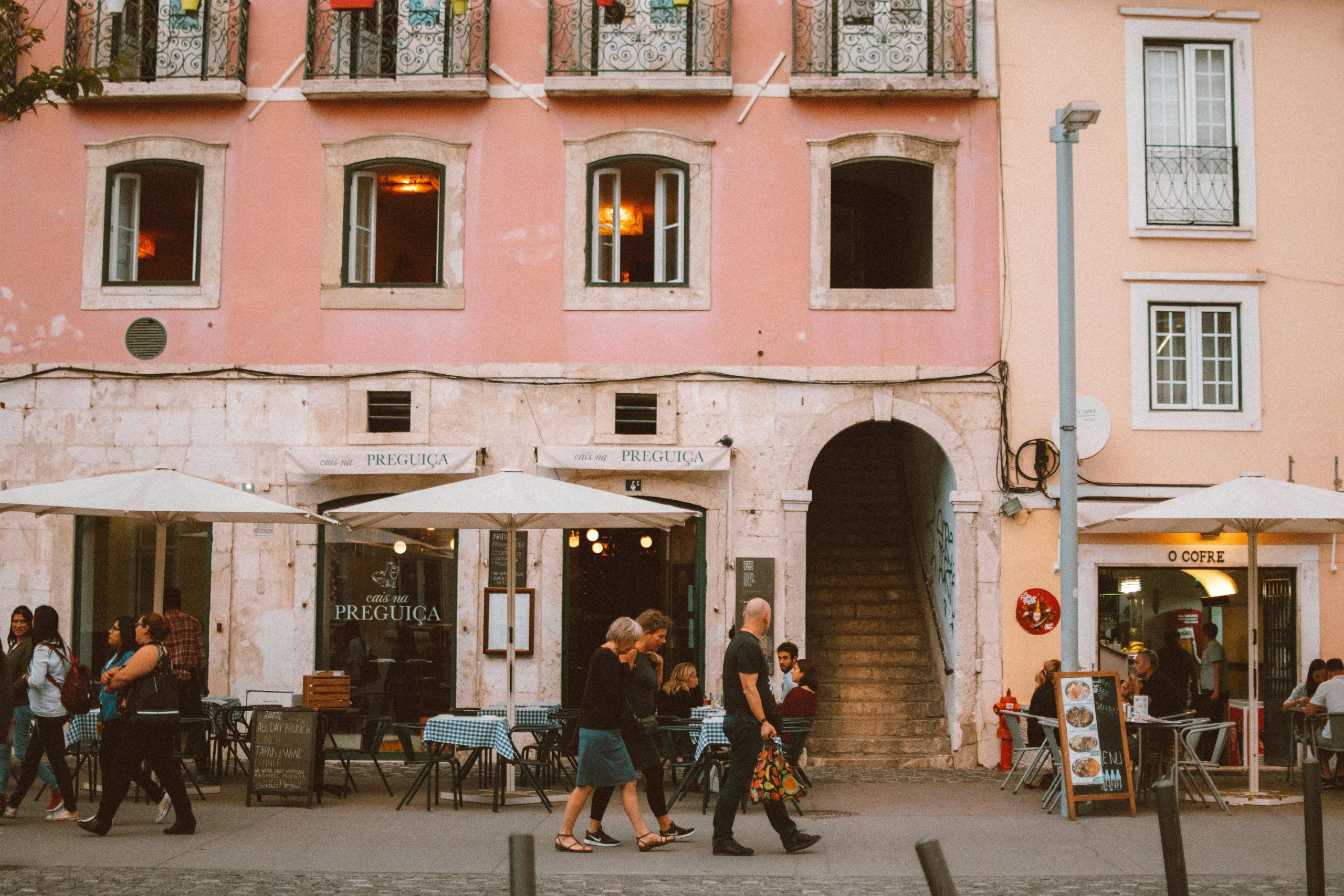Second Semester Reflection: Emerging Trends in the Tourism Sector
As we begin the second half of the year, it is essential to stop and review on the emerging market trends. This pause will allow us to make informed decisions and, if necessary, adjust our objectives to ensure optimal results in our businesses. It is the right time to evaluate which aspects of the sector remain relevant and which require modifications to adapt to the new market realities. If, like me, you are passionate about the tourism sector, I invite you to join me in this analysis of the evolution of tourism for the remainder of the year. Unique Experiences A few weeks ago, we discussed wellness tourism and how this category has gained relevance as current travelers seek to improve their quality of life. This trend is closely linked to luxury tourism. According to Hosteltur, this type of tourism continues to resonate as travelers prioritize a lifestyle that promotes both external and internal well-being. This implies that destinations will be valued for the activities they offer, such as spiritual, gastronomic, and physical experiences. The demand for exclusive and transformative experiences continues to grow, and it is an opportunity we should not miss. Sustainable Tourism Environmental awareness is increasingly present in society, and travelers are
How Wellness Tourism Contributes to Sustainability
In today's economic environment, tourism stands out for its significant contribution to the global economy. However, it is crucial to examine the different types of tourism, especially those arising from new habits and adaptations of contemporary travelers. Among these, wellness tourism and sustainability emerge as fundamental pillars, integrating into all sectors, including tourism. On this occasion, I want to highlight how wellness tourism can drive sustainability. To begin, it is essential to understand what wellness tourism entails. This type of tourism gains importance as travelers seek experiences that enhance their quality of life, whether in emotional or health terms. This sector has seen notable growth, becoming an emerging trend that has significantly influenced the post-pandemic economy. According to "The Global Wellness Economy: Country Rankings" report published in January 2024 by the Global Wellness Institute, countries showing particularly strong post-pandemic recovery include Israel, the United Arab Emirates, Croatia, Romania, and the Czech Republic, all of which have large and growing wellness tourism sectors. The report also highlights that the wellness economy is projected to grow at a solid rate of 8.6% annually over the coming years, reaching nearly $8.5 trillion by 2027. This underscores that wellness tourism is not only beneficial for travelers
Regenerative Tourism: Beyond Sustainability
In recent years, we have witnessed the rapid growth of tourism, positioning itself as one of the fastest-growing sectors, second only to technology, further boosted by the exponential advancement of artificial intelligence. As avid readers, we understand the economic impact of tourism and its crucial influence on sustainability. However, today I want to explore a type of tourism that is gaining increasing relevance: regenerative tourism. This approach goes beyond mere sustainability, aiming not only to mitigate environmental impact, but also to actively contribute to the restoration and improvement of the environment. Regenerative tourism is distinguished by activities designed not only to reduce the negative impact of conventional tourism, but also to enhance environmental resilience in the face of climate change. In response to current challenges in the tourism industry, this approach emerges as a necessary and responsible option. A prominent example of this model is The Good Concierge Project, featured on labuenahuella.org, highlighting Víctor Fernández Morales as Co-Founder and Project Director. Pula Golf Resort in Mallorca stands out as a leader in competitive regenerative hospitality. Since its establishment in 1996, the resort has been recognized for its commitment to Corporate Social Responsibility (CSR) and environmental policies. During the COVID-19 pandemic, it actively
Building a Personal Brand in the Tourism Industry: Keys to Professional Success
I want to start by highlighting that, if I had to explain in a few words what personal branding, is, I would say it is the positioning and impression we leave on people. In other words, what do people think of when they hear my name? What topics do they associate me with? What needs would they come to me for? These key questions help define your personal brand. With this clarified, I want to emphasize that nowadays, working on our personal brand, regardless of the sector you are in, is essential not only for positioning but also for marketing your skills and aptitudes, which benefits the services or products you represent, whether you are an entrepreneur or an employee. In the tourism sector, where the customer experience is paramount, a strong personal brand not only positions you as an authority in the field but also allows you to connect more meaningfully with your audience and stakeholders, generating valuable connections. Whether you are an investor, entrepreneur, or founder of a new project, having a well-defined personal brand will be useful for attracting clients and partners, thanks to the connection that this strategic group of people can provide. Working on your personal brand not only
Emerging Destinations for Adventure Tourism in 2024
Tourism is an activity with reciprocal benefits for both the visitor and the destination country. According to Statista, the tourism industry is responsible for creating over 290 million jobs, both direct and indirect. Despite being affected globally by the Covid-19 pandemic, the sector's recovery has surpassed predictions. According to the UN World Tourism Organization, considering 2023 data, international tourism is expected to reach pre-pandemic levels in 2024, attributed to market recovery. Top Destinations Among the most popular regions, Europe leads as the most visited destination, followed by the Middle East and Asia Pacific. Based on these findings, I want to share the countries emerging as adventure tourism destinations in 2024, according to the latest rankings. As mentioned earlier, Europe continues to lead as the most visited continent, with France topping the list. France receives up to 77.5 million travelers annually, according to National Geographic. Besides the famous city of love, Paris, France offers diverse attractions with its historical, artistic, and cultural heritage. Following France is Spain, which stands out for its diversity in monuments, culture, and gastronomy, along with its coasts, beaches, and fishing villages. In Latin America, Mexico is emerging as a growing destination. According to Forbes, by February 2024, international tourism in Mexico
Tourism as a Tool for Marine Conservation
Tourism is one of the sectors with the greatest opportunity for growth and expansion, but it is also vulnerable to various challenges, such as natural disasters and unforeseen events like the COVID-19 pandemic. However, today I want to highlight the relevance and popularity of sustainable tourism, especially its influence on marine conservation. Does Sustainable Tourism Exist? If you are a regular reader, you will know that we have often referred to contemporary society as environmentally conscious consumers. This is confirmed by a note published by the German online statistics portal Statista, citing that approx 44% of respondents consider environmental protection one of the most important issues for their country. According to 2022 estimates, the sustainable tourism market was projected to grow annually by 33.3%, suggesting that by 2024, the percentage much be higher. Sustainable tourism involves respectful tourism activities that generate minimal environmental impact. How Does Marine Conservation Contribute to Sustainable Tourism? The reality is that, according to the Ocean Panel, coastal and marine tourism represents at least 50% of global tourism. This is largely attributed to the quality of ecosystems, which are crucial for attracting visitors. This presents a significant opportunity for countries, especially in the Caribbean, where tourism demand is primarily focused
Sustainable Tourism in 2024: An Opportunity for Innovation and Attraction
Sustainable tourism is a growing trend in today's world, and this year is shaping up to be a period full of innovations and conscious experiences for travelers who wish to enrich themselves while respecting the environment they explore. Below, I present two key trends in conscious tourism that could inspire your next trip. Opting for the use of platforms for sustainable travel: One of the most prominent ways in which travelers can embrace sustainable tourism is through the use of specialized platforms. Faced with the increasing demand for accommodation alternatives beyond traditional hotels, Ecobnb emerges as a solution for conscious travelers who want to minimize their environmental footprint during their stay. This platform offers a wide range of sustainable accommodation options, from charming cabins in natural settings to modern eco-friendly houses. With an intuitive interface similar to Airbnb's, Ecobnb allows users to easily select their desired destination, dates, and number of people to consider. In addition to facilitating booking, the platform actively promotes the reduction of CO2 emissions and water savings, turning each experience into a positive act for the planet. One step further: regenerative tourism: On the other hand, there is regenerative tourism that goes beyond traditional sustainability, seeking not only to minimize
Co-working Spaces in Hotels: The Union of Work and Leisure
In recent years, we have witnessed an intriguing evolution in the hotel industry, an evolution that seamlessly merges the line between work and leisure. Co-working spaces in hotels represent a progressive response to the growing demands of the modern traveler. As an experienced businessman with a keen eye for emerging trends, I have closely watched the rise of this phenomenon and its promising growth trajectory. Let's dive into the details, supported by data and insights, to better understand how co-working spaces in hotels are shaping the future of travel and work. The Rise of the Digital Nomad The concept of digital nomadism – working remotely while traveling the world – has gained substantial traction over the last decade. A report by MBO Partners found that there were 10.9 million American digital nomads in 2020, a 49% increase from the previous year. By 2023, this figure increased by 131% to 17.3 million workers who describe themselves as digital nomads currently. This surge in digital nomadism has prompted the hotel industry to innovate, leading to the creation of hotel co-working spaces. Co-working Spaces in Hotels: A Growing Trend Hotels around the world are beginning to realize the potential of integrating co-working spaces into their amenities. A study by
Europe vs. Latin America: The Predominant Approach to Tourist Destinations
In the broad spectrum of global tourism, travelers' preferences play a decisive role in the development and popularity of tourist destinations. Europe and Latin America, each with their distinctive characteristics, have adapted their offerings to satisfy the interests and demands of international tourists. Europe and Latin America are regions with an unparalleled demand for tourists, but what do travelers really look for when choosing between Europe and Latin America? Europe: Culture and History Europe continues to be a magnet for travelers seeking a deep cultural and historical immersion. According to a study by the European Tour Operators Association, travelers choose Europe for its rich cultural heritage, iconic monuments and museums, and the opportunity to experience a diversity of cultures in close proximity. Cities like Paris, Rome, and Barcelona lead the preferences thanks to their unique blend of art, history, and gastronomy. Sustainability is also becoming a crucial factor. With a growing number of tourists concerned about the environmental impact of their travels, destinations like Amsterdam and Copenhagen that promote sustainable tourism practices are gaining popularity. These cities not only offer a rich cultural experience but also allow travelers to maintain an ecological approach. Latin America: Adventure and Nature Meanwhile, Latin America attracts those in search
The Revolution of Hotels as Gastronomic Destinations in 2024
In the hotel industry, innovation and adaptation are key to staying relevant and competitive. One of the emerging trends we've observed, especially looking towards 2023 and 2024, is the transformation of hotels into true gastronomic destinations. According to the World Food Travel Association, the global culinary tourism market is estimated to be worth $1.8 trillion by 2025, with a compound annual growth rate (CAGR) of 13.2% between 2023 and 2025. A clear example of this can be seen in Mexico, a country recognized for its rich culinary diversity. This year, Mexico has been highlighted by the prestigious Michelin Guide, which has decided to include five Mexican destinations - Mexico City, Nuevo León, Oaxaca, Baja, and Los Cabos - in its repertoire for the first time. Additionally, Los Cabos is emerging as a clear example of how hotels can capitalize on this trend by integrating high-quality gastronomic experiences into their offerings. In recent years, Los Cabos has seen the opening of new luxury properties from recognized brands such as St. Regis, Four Seasons, Park Hyatt, Soho House, Aman, and Velas Resorts. These properties not only expand the luxury accommodation portfolio in the region but also integrate international-caliber gastronomic services, reinforcing the destination's position as a










